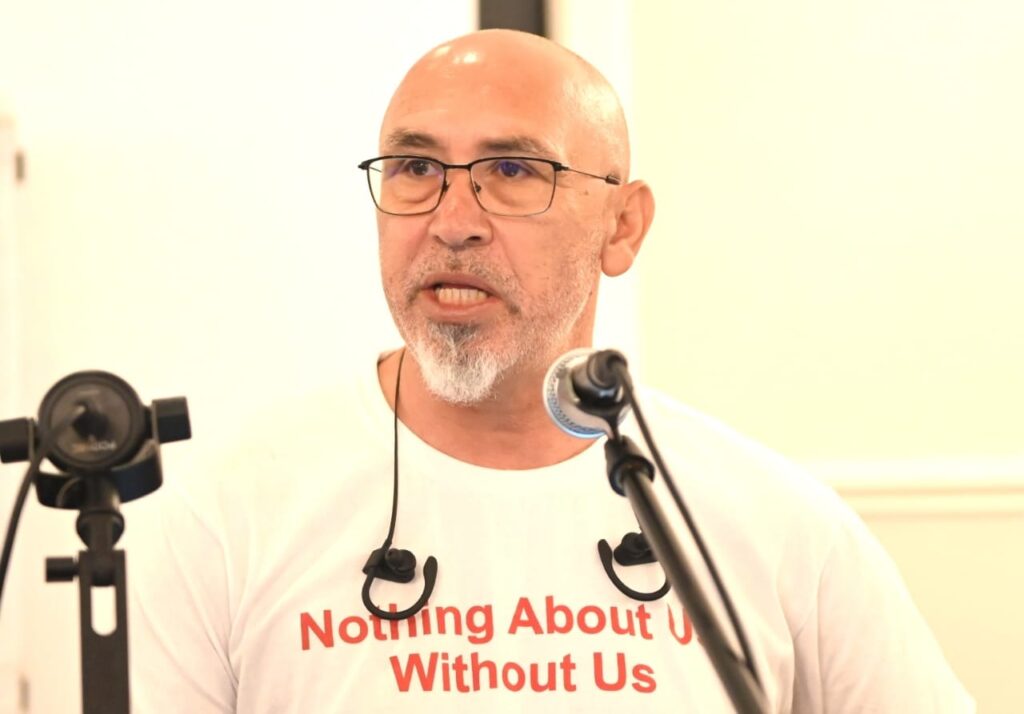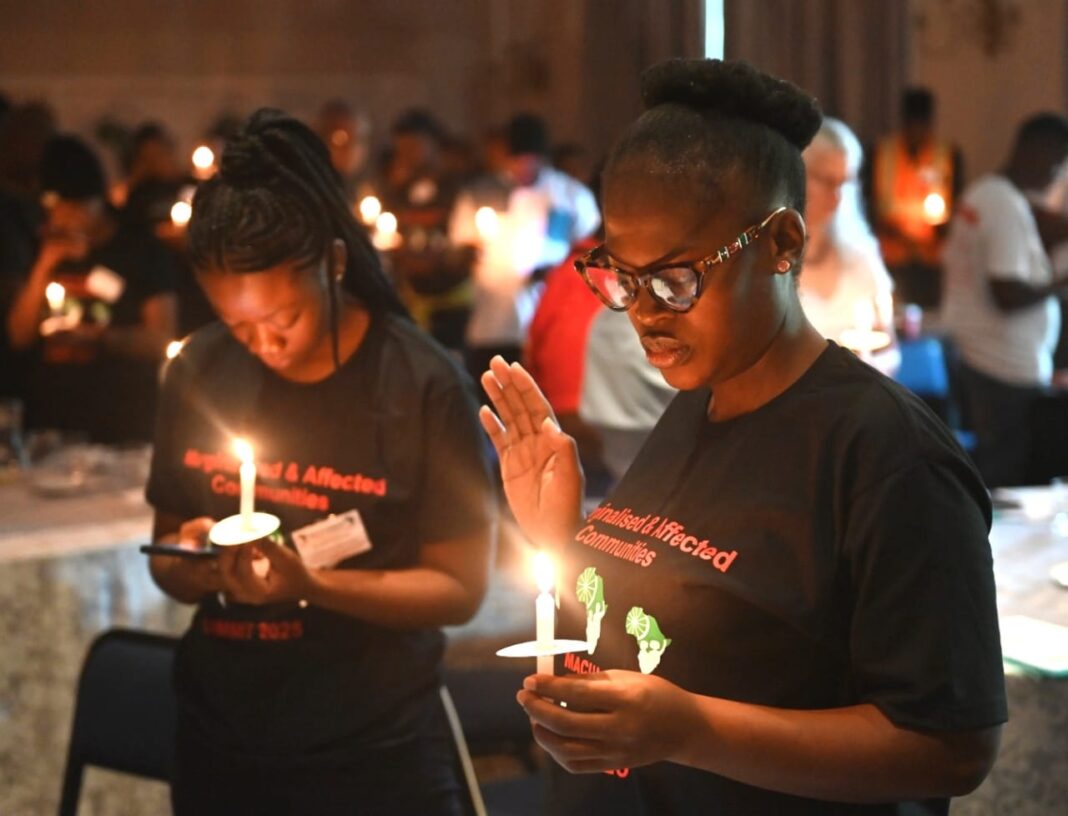By Johnathan Paoli
The Mining Affected Communities United in Action (Macua) has called on communities to unite across formal and informal sectors and challenge systemic injustices and build a movement capable of achieving true accountability and justice.
Speaking during the 2nd Annual Marginalised and Affected Communities Summit, Macua executive director Christopher Rutledge underscored the ongoing struggle for justice and accountability within the country’s mining sector.
“By uniting formal and informal struggles, shifting narratives and building a resilient, multi-class coalition, grounded in strong grassroots organisation, our movement can transcend the limitations seen in the response to Stilfontein and create a foundation for lasting change,” Rutledge said in Johannesburg on Tuesday.
The summit brought together activists, community leaders and stakeholders committed to challenging the unchecked power of mining corporations and advocating for the rights of those most impacted by extractive industries.
It follows the recent Stilfontein humanitarian crisis at a disused gold mine in the North West that made world headlines after hundreds of illegal miners were tapped underground, with many of them dying. Macua, along with Lawyers for Human Rights and other community organisations played a critical role in ensuring that the remaining miners were rescued, and the bodies of the dead retrieved from underground.
Rutledge highlighted Macua’s unwavering commitment to hold mining companies and the state accountable for their environmental, social and economic impacts.

He detailed the organisation’s multi-faceted approach, ranging from protests and petitions to legal actions, which has compelled companies to respect community rights, prioritise environmental rehabilitation and contribute meaningfully to local development.
A significant victory in this campaign has been the impending amendments to the Mineral and Petroleum Resources Development Act, a direct result of its persistent advocacy for stronger protections, mandatory consultations and tangible community benefits.
Rutledge drew critical parallels between the 2012 Marikana massacre and the more recent events at Stilfontein, framing both as emblematic of systemic exploitation under capitalism.
While Marikana exposed the violent suppression of organised labour by the state in collusion with corporations, Stilfontein illuminated the criminalisation and brutal subjugation of the most marginalised, the “zama zamas” or artisanal miners.
He described Marikana’s miners as formal workers demanding better wages, while Stilfontein’s zama zamas represented the precarious underclass forced into hazardous informal labour.
Both cases revealed capitalism’s inherent exploitation of labour, whether within or outside formal economic structures.
In both “massacres”, Rutledge argued that the state acted as an enforcer of capitalist interests.
In Marikana, police violence protected corporate profits, while at Stilfontein, the state’s siege tactics upheld property rights over humanitarian concerns, demonstrating the state’s role in perpetuating systemic inequality.
Rutledge emphasised how both events epitomised the dehumanisation of workers under capitalism.
While Marikana miners were alienated from the wealth they created, Stilfontein’s miners were excluded entirely from formal economic recognition, with their lives treated as disposable in the face of property protection.
Marikana and Stilfontein, Rutledge asserted, revealed the deepening contradictions of capitalism, the former through the suppression of organised labour, and the latter through the violent exclusion of those left behind by formal economies.
He stressed the importance of building a unified, resilient working-class movement to confront these systemic injustices.
He outlined strategies for bridging the gaps between formal and informal labour struggles, shifting public narratives to humanise marginalised groups and strengthening grassroots organising.
Rutledge called for expanded advocacy to include informal workers like artisanal miners, and fostering shared platforms for unions and community organisations to align their struggles against systemic inequality.
He highlighted the need to counter the stigmatisation of groups like zama zamas through media campaigns and cultural tools that humanised their struggles and exposed structural exclusions.
Rutledge also emphasised the role of local leadership training, youth engagement and fostering community networks to build a robust, sustainable movement.
He advocated for multi-sector partnerships, cross-class unity, and international solidarity to amplify the fight against extractivism and neoliberal capitalism.
Rutledge concluded with a call to develop community-controlled enterprises, sustainable development models and legal frameworks to hold corporations and the state accountable, leveraging technology and media to amplify these efforts.
The fight, he emphasised, was not just about mining, it was about the broader struggle for dignity, equality and the right to a sustainable future for all South Africans.
INSIDE POLITICS

